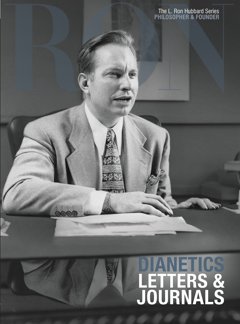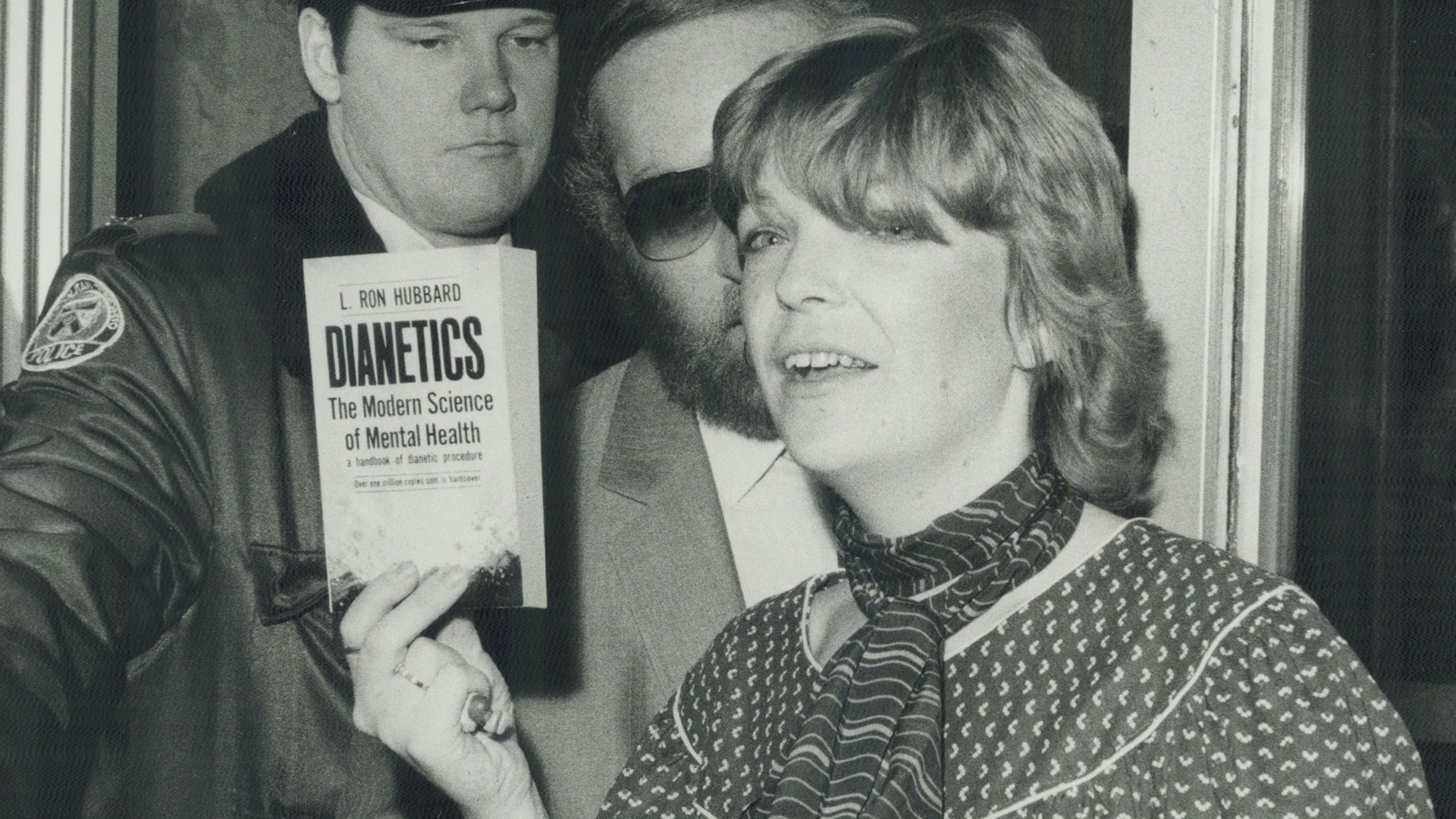What Does Dianetics Mean?
What Does Dianetics Mean?
Blog Article
An Unbiased View of Dianetics
Table of ContentsLittle Known Questions About Dianetics.Rumored Buzz on DianeticsThe Facts About Dianetics RevealedAn Unbiased View of Dianetics
I could not ever not wish to obtain anything that enters your mind for you- if it was or else, I wouldn't be resting here with you, doing this. I not only can never have a trouble, or not wish to listen to something that enters your mind for you, however I'm entirely excited to know every idea, every thought, every image or feeling that emerges or shows up for you- do not ever assume or else, and if for some reason you do, please just allow me recognize! In some cases, you might have a thought, and picture, idea or case turn up that does not seem to respond to the concern, or connect to it, however however, constantly do tell me regarding it, and as we continue, the significance will certainly emerge for you.This is inherent in the basis of handling, and the subject of this conversation: the standard functions of the counselor and the customer: The standard role of the therapist is, as opposed to "conventional training", not to control, which suggests to implement and/or hinder, but to instead function from the basis of EMPOWERING THE CUSTOMER.

Everything about Dianetics
John Mcmasters revealed this standard reality incredibly well in one of his talks on Power processing, wherein he explains exactly how he was asked what this "special propensity" was that he had for providing such great sessions; he had to think of that for a minute, and detected that it was what he had not been doing, as well as what he was doing: he had not been reviewing, judging, computer, or in reality, creating any kind of ideas, not to mention spoken expressions, after offering the command and while waiting on the PC to finish their solution to their complete satisfaction; he was, simply and only, existing with the PC, and completely interested.
The duty of the counselor, showed; that was his "special knack". I have actually had my very own experience which taught me this well, really at an early stage in the game. In 1982, having actually recently finished my training and internship on New Period Dianetics, I was running this on a PC, and there was a YOURURL.com point in the session where (being a bit damp behind the ears not yet having lots of hours under my belt as a specialist auditor) the computer appeared to be "taking too long" to reveal anything vocally after I offered him a command.
This trick turned out to be one of the most valuable contribution that John ever made to the subject of therapy or auditing (Dianetics). In my modest viewpoint, it is the best payment that any individual has actually ever before made to these subjectsthe application is entirely non-judgemental, non-evaluative, and empty of any suggestion, recommendations or opinion.no preconditioned program for individuals, or 'degrees' that they should do
In Scientology we prided ourselves on not reviewing for people. All that really indicated was that the auditor did not VERBALLY review for the Computer in session.
Not known Details About Dianetics

Any individual that had actually ever seen John audit could not aid yet discover a distinct high quality in his bookkeeping."The customer's fundamental duty is to be there with the objective of relocating the instructions of their spiritual objectives, and to openly and fully share and experience whatever materializes for them in responding to the questions and carrying out the guidelines in the processing.
This is something to procedure as needed. However likewise, individuals often have prior experience and/or indoctrination in auditing/processing which, in some ways, and to some extent, actually misdirects them into attitudes, concepts and actions patterns that prevent the full awareness of these duties, therefore they will tend to inhibit the expressing of what enters your mind, as in the examples provided above. * The very first, and perhaps foremost examples of mis-indoctrination leading to discover this less than completely smooth and effective sessions, can be located in specific elements of the training routines, or "TR's":"TR's" are typically a person's initial, or at the very least early, experience in Scientology, and while I will certainly take place to clarify what I see as the flaws in idea and technique, however, often tend to be greatly restorative, done as they are given (Hubbard firmly insists that "TR's are not refining, they are educating", however factually, they are both handling AND training)
Alan Walter made similar observations, and enhanced these with his "Presence Processes". There is no "flunking", and no denial of the truth of this being processing. The focus, as it must be, gets on experiencing the other person's existence. All the manifestations which get a "fail" in doing "TR-0" are merely the being's initiatives to withstand the other individual's visibility, and instead than being bothered and badgered with "Flunk", which enforces "failure!" on the being, one just requires to be motivated to "stick their feet in the water a little deeper", to progressively restore their capacity and desire to completely share and experience "being here", or "presence", with others.
Dianetics Fundamentals Explained

Report this page